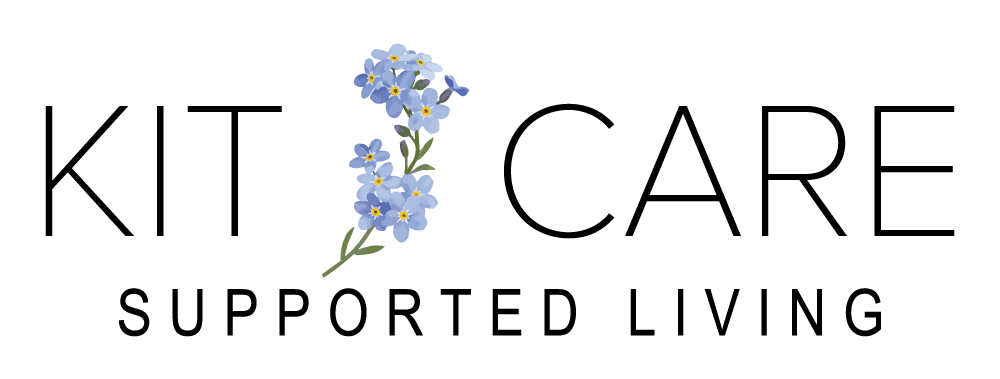What is Supported Living?
Supported living is a person-centred approach to support and housing which enables people to live independently and safely within their communities. Supported living promotes autonomy, choice, control and inclusion by offering people flexible and tailored support, designed to meet the clients personal needs and preferences. We support our clients to lead meaningful lives on their own terms. Our supported living services focus on promoting independence, developing social connections, and achieving goals and personal growth. We work closely with our clients and people who are important to them to develop a personalised care and support plan which we then review regularly together with the client.
What Are The Benefits Of Supported Living?

Person-Centered
Support
Every person is unique, and we believe their support should be too. This is why we provide personalised care and support plans tailored to individual need, focussing on goals, strengths, preferences, and aspirations. Whether someone requires assistance with daily living tasks, such as personal care or meal preparation, accessing their local community or building connections, our support team is always here to help.

Choice And
Control
We believe in the importance of autonomy and self-determination. Our service aims to empower people to make choices and decisions themselves about all aspects of their lives, including where they live, who they live with, and how they spend their time.

Active Members In Our Communities
We are committed to helping people with learning disabilities, autism, mental illness and physical disabilities become active and valued members of their communities. Through social activities, day opportunities and clubs, volunteering, employment, and partnership working , we support people to access local resources, build meaningful relationships and develop a sense of belonging.
How We Are Different From Residential Care?
Although both residential care and supported living provide accommodation and support for people with needs, there is often a difference in the level of support, independence, and choice offered. Residential services offer 24/7 care in a more structured environment, whereas supported living promotes individualised person-centred care and support, independence, and integration within the community.
At Kit Care, we aim to provide supported living services that are empowering,
enabling and tailored to meet individual need and choice.

Who Pays For Supported Living?

Supported living services for people with learning disabilities, Mental Illness or autistic adults are usually funded through a combination of sources, depending on a person’s circumstances and needs. The main funding sources for supported living include Local Authority Funding, Personal Budgets, Direct Payments and Self Funding. Depending on which Local Authority (Council) you reside in, it is helpful to contact the Adult Social Care Team as this is often the first step to make when looking at Supported Living. Under the Care Act 2014, anyone aged 18 or over who appears to have a need for care and support is entitled to a care and support assessment, regardless of the level of their needs or financial situation; meaning essentially, everyone is eligible for an assessment if they seem to require care assistance.
Will I Have My Own Tenancy?
Tenancy belongs to the person receiving support at Kit Care. This means the person who moves into Kit Care holds the tenancy agreement for their own accommodation, giving them legal rights and responsibilities as a tenant. Having tenancy rights gives people control over their living environment, who they live with, and how they decorate their space. It also ensures that they have legal protections as tenants, such as the right to privacy, the right to challenge unfair eviction, and the right to access repairs and maintenance services.

